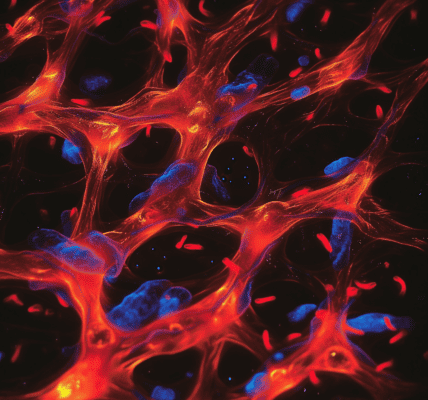Researchers at the National Institutes of Health have made a significant discovery regarding the treatment of anxiety in children. A study led by the National Institute of Mental Health (NIMH) found that cognitive behavioral therapy (CBT) led to improvements in both clinical symptoms and brain functioning in children with anxiety disorders.
The study, published in the American Journal of Psychiatry, revealed that unmedicated children with anxiety disorders showed overactivation in various brain regions, including the frontal and parietal lobes and the amygdala. These findings shed light on the brain mechanisms underlying the acute effects of CBT, which is considered the gold standard for treating anxiety disorders in children.
The research involved sixty-nine unmedicated children diagnosed with an anxiety disorder who underwent 12 weeks of CBT. The treatment involved changing dysfunctional thoughts and behaviors through gradual exposure to anxiety-provoking stimuli. Clinician-rated measures were used to examine the change in children’s anxiety symptoms and clinical functioning from pre- to post-treatment. Additionally, task-based functional magnetic resonance imaging (fMRI) was utilized to observe whole-brain changes before and after treatment and compare those to brain activity in non-anxious children.
The results indicated that children with anxiety displayed greater activity in various brain regions, including cortical areas in the frontal and parietal lobes, as well as elevated activity in deeper limbic areas like the amygdala. However, following three months of CBT treatment, children with anxiety exhibited a clinically significant decrease in anxiety symptoms and improved functioning. Moreover, the increased activation seen before treatment in many brain regions also improved after CBT, declining to levels equal to or lower than those of non-anxious children.
Senior author Melissa Brotman, Ph.D., Chief of the Neuroscience and Novel Therapeutics Unit in the NIMH Intramural Research Program, emphasized the significance of the findings, stating, “The findings can help our understanding of how and for which children CBT works, a critical first step in personalizing anxiety care and improving clinical outcomes.” This breakthrough has the potential to personalize anxiety care and improve clinical outcomes for children with anxiety disorders.





